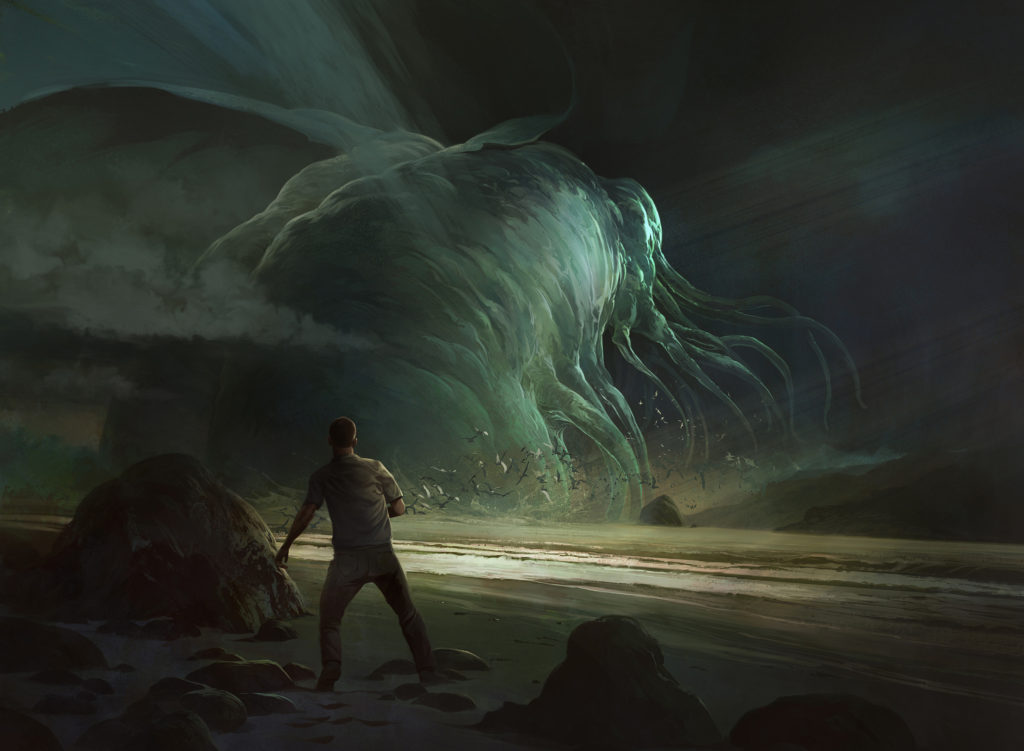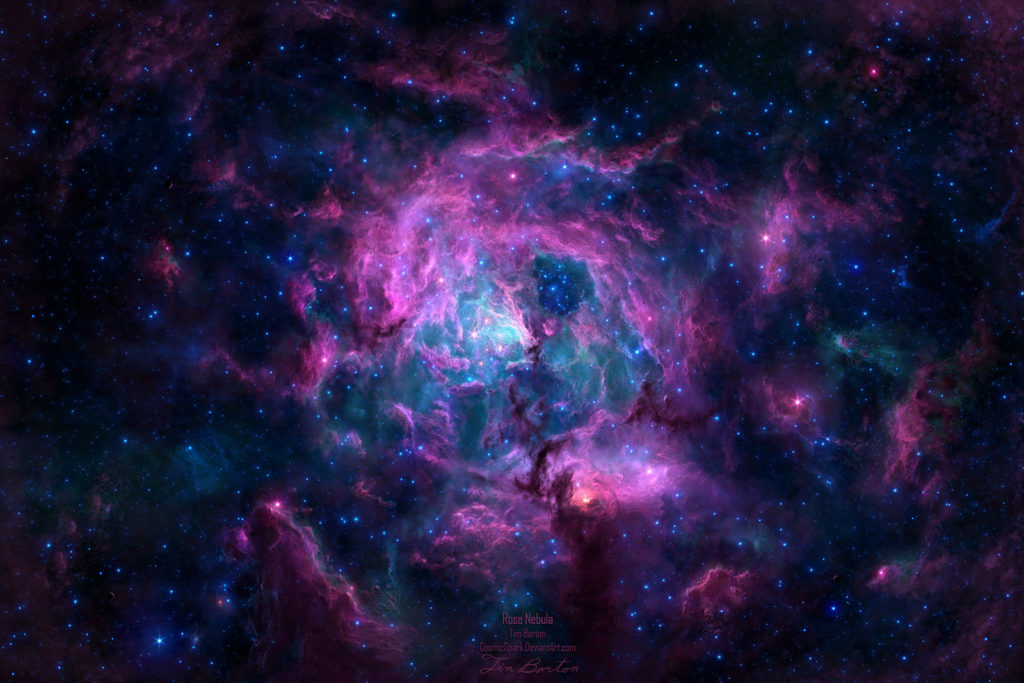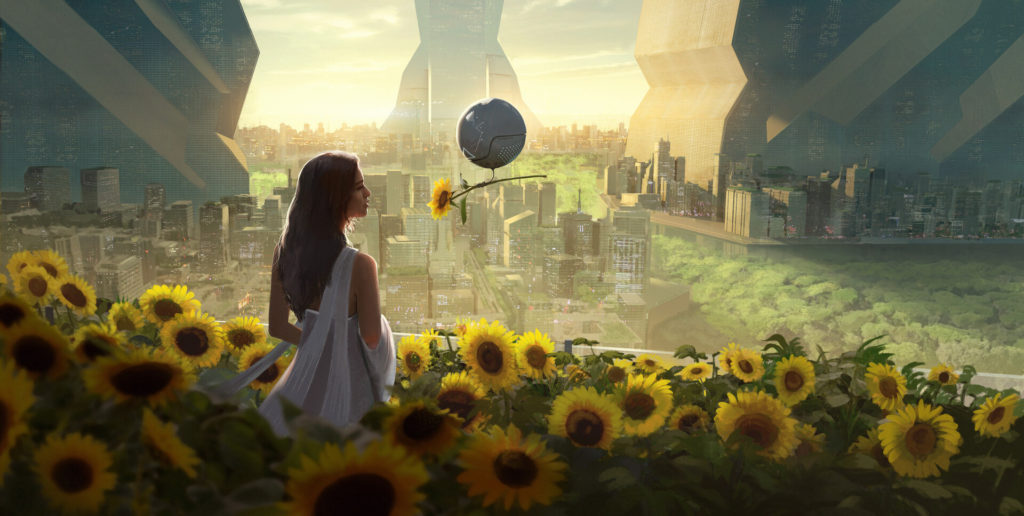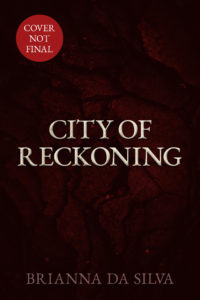It’s undeniable: H.P. Lovecraft was an astoundingly important author. His stories left a permanent mark on horror and fantasy, and both genres are better for it.
There is a dark side to Lovecraft’s fiction, however. And no, I’m not talking about the terrifying “dark gods,” nefarious magic, and alien races that show up in his stories. I’m talking about something deeper — a frightful outlook and philosophy that I find myself at direct odds with.
What H.P. Lovecraft feared
It’s hard to read Lovecraft’s stories without coming face-to-face with the man’s glaring xenophobia and fear of The Other. As much as I enjoy his twisted imagination and awe-inspiring mythos, his racism frustrates me — as does his general worldview, which feels almost diametrically opposed to my own.

While Lovecraft seemed to fear a vast and uncaring universe, filled with knowledge that could break our minds if we dared to probe it, I see the world very differently — as one teeming with breathtaking potential, inviting us on an adventure to discover and unravel its secrets.
Knowledge need not destroy us; it can empower us. It may be frightening at first, but ultimately it lifts us out of the dark, rather than into it.
Why Lovecraft was wrong
I suppose, if I were a character in a Lovecraft story, I’d be the villain, but this just makes me laugh. The empowerment I speak of isn’t nefarious; it’s liberating. It doesn’t serve only the person seeking it, but all of us. It’s what leads to new technology, cures for diseases, adaptive tools for disabilities, and a rising moral consciousness — truly the furthest thing from villainy.
I think the last century has more or less disproved Lovecraft’s deep anxieties. Science and knowledge of the cosmos has overwhelmingly improved our lives, and will only continue to do so.
As far as I can see, the more we learn about the universe, the more beautiful it becomes. Those who shrink away from knowledge deprive themselves, deluding themselves into thinking they are safer, but in reality it is narrow-mindedness and willful ignorance that puts humans in danger.

What I fear
I believe in dark gods, and I dread them. However, the dark gods I fear aren’t out there in the cosmos; they’re within us. Every single one of us.
My own storytelling tends to fixate on this fear, one that is very different from Lovecraft’s: The fear of human nature, and how it always lurks like a shadow in our souls, threatening to drag us to our worst, most monstrous selves.
A perfect example of this kind of inner darkness is… well, racism. And all the irrational patterns of thought that lead us away from reason and empathy, and towards magical thinking, mob mentality, and violence.
This shadow is one we can’t completely shake, and that does frighten me. No matter what societal progress we make, there’s always the chance that our inner demons will rise to tear it all down again. We see it in the constant threat of ideological movements, tribalism, and the inherent human thirst for power — the nefarious kind that hurts more people than it helps.
Defeating the real dark gods
But I do have hope. I have hope that we can learn to integrate our darkness, both as individuals and as a species — that we can redirect it in healthy ways, and through self-awareness rise above it.
I get chills imagining what we may become one day: A united species that pools our efforts to spread throughout the stars, solving impossible problems like mortality, or even the seeming inevitability of our universe’s ultimate demise.

Maybe one day we will become like gods (as pretentious as it sounds, worded so bluntly). But that’ll only happen if we overcome the dark gods within us, and reject their ever-present hunger to rule us.
This is what I am always fascinated to explore in my fiction — what it takes to overcome our inner shadows, what benefits will come when we do, and what consequences will come when we don’t.
My fiction: Lovecraft’s opposite?
It’s ironic; despite my grievances with H.P. Lovecraft, I ended up co-writing and directing a Lovecraftian comedy series.
However, this comedy series doesn’t explore any of those deep themes I mentioned, for two reasons. First: It’s a goofy comedy (read: not deep). Second: It mostly follows the style and sensibilities of its creator, Heath Robinson, who co-wrote the scripts with me.

That being said, my fixation with inner darkness lies at the heart of my fantasy novel coming out this year, and it factors quite heavily into a number of projects I’m working on.
Sometimes I wonder if my own stories — where darkness lies within, and the unknown is a beautiful adventure — could be seen as Lovecraft’s opposite, in a sense.
I passionately believe that curiosity is a heroic force, and that knowledge and understanding elevate the human spirit, not crush it. We need not look to ancient cosmic deities, buried cities, and hidden worlds beneath the sea to find forces capable of destroying us. We need only look within our own souls.
And no adventure could be more important than confronting and conquering that darkness within each of us.
My debut novel, CITY OF RECKONING, tells the story of six warriors who enter a war, only to wonder if they’re fighting for the wrong side. Keep an eye on this space for the cover reveal and pre-orders coming soon. Meanwhile, you can add the book to Goodreads.
You may also want to read